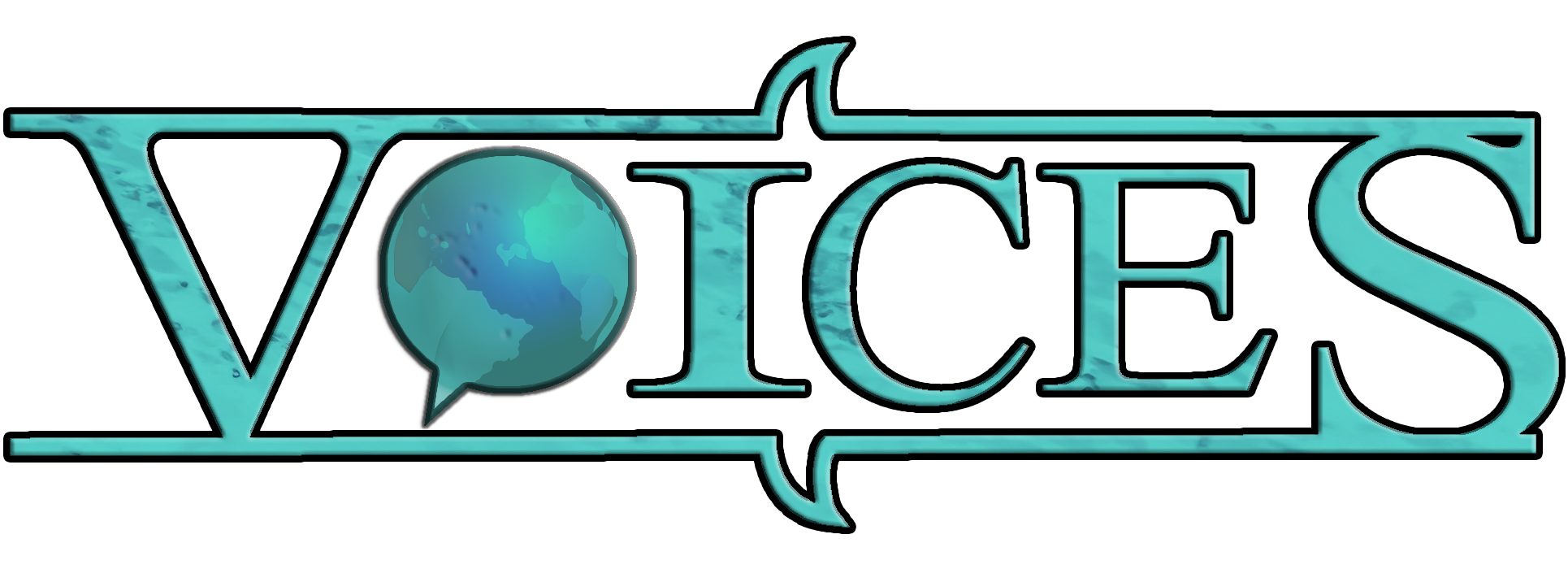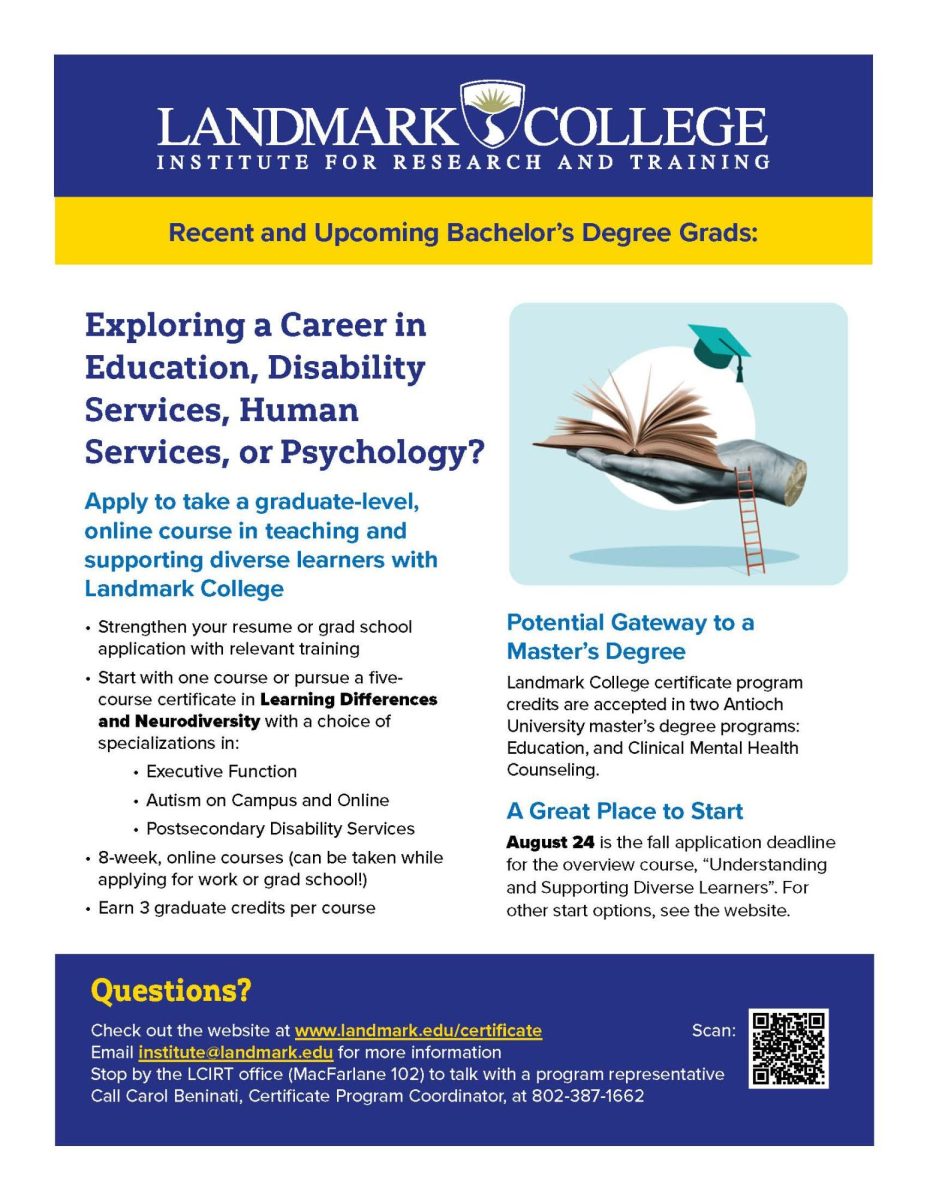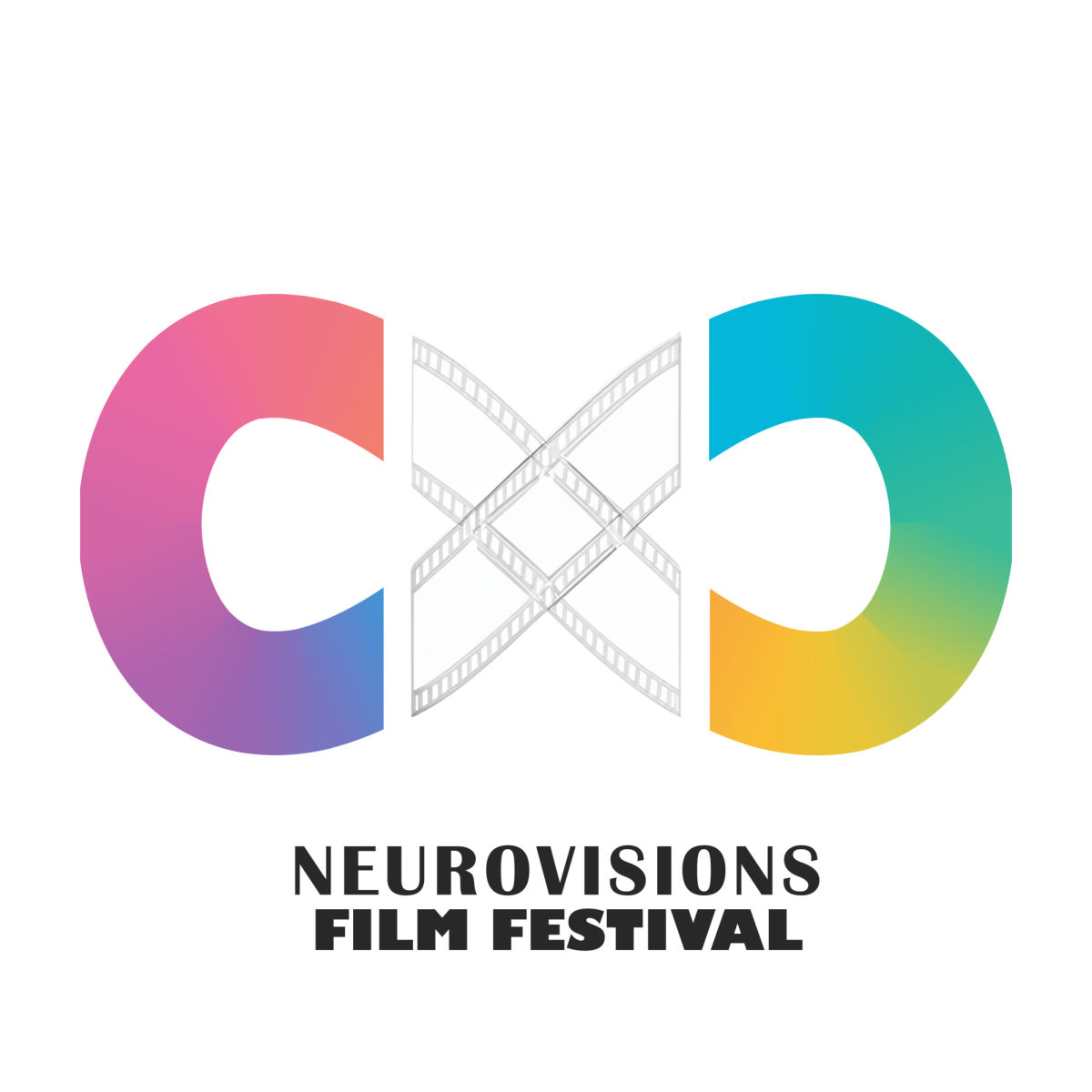In 2023, a new force emerged: Artificial Intelligence generators. These tools are game changers that have become mainstream, playing a crucial role in everything from academic research and creative design to financial management and entrepreneurial ventures. According to PWC’s Global AI Study, Artificial intelligence can transform the productivity and GDP potential of the global economy.
While AI has brought convenience and innovation, it has also led to consequences such as job displacement, challenges in education, and the impact on daily assistance. At Landmark College, concerns have arisen about academic integrity and the overuse of technology, as students increasingly rely on AI to find information rather than visiting the library or researching authentic sources on the web. Economically, AI is influencing students’ preparation for their careers, offering new tools while also contributing to job displacement, creating uncertainty for those entering the job market. Socially, AI has reshaped interactions on campus, helping with autocorrect, grammar, and other communication needs, making interactions more convenient but also raising questions about genuine human connection.
To test the effects of AI in Landmark College, I discussed its use with Landmark Professor, Tod Miller and Landmark Advisor, Heather Stinson.
Professor Miller discussed his perspective on AI and its impact on today’s society. He mentioned that AI tools, such as large language models like ChatGPT, are an extension of technology we have been using for a long time, like calculators or the abacus. Professor Miller believes that AI can be an impactful tool if used correctly for tasks that are time-consuming but can still be accomplished independently. He emphasized the importance of understanding the skills required to succeed with AI and pointed out that not using tools that everyone else is using seems unreasonable.
Professor Miller often uses ChatGPT-4 for tasks that are simple but time-consuming, noting that it is not effective to use AI for tasks you do not understand, as it would be difficult to evaluate the quality of the output. He also discussed the positive outcomes of AI, which helps individuals with executive function issues, such as difficulties with organizing grammar or spelling, by acting as an “external executive function coach.” However, he expressed concern that the increased productivity enabled by AI might lead to higher workload expectations, like what happened with the introduction of email, potentially reducing the free time currently gained from using AI.
Through my second discussion with Landmark Advisor Ms. Heather Stinson, she shared her opinion on the use of AI as a personal assistant, particularly for students. She believes that AI is a valuable tool, especially for students who struggle with spelling, writing, and researching, as it helps bridge gaps and address challenges in these areas. She mentioned that AI is like a calculator, which can aid various aspects of the education system, such as math, reading, writing, and spelling. Additionally, she emphasized the importance of ensuring that work remains original and not entirely computer-generated.
Regarding her personal use of AI, Ms. Stinson mentioned that she does not use it much, as she prefers traditional methods like writing, reading, and using physical books, although she recognizes the benefits of using advanced technology.
Furthermore, Ms. Stinson provided information on the positive and negative aspects of AI. The advantages include helping students write formal emails and improving their professionalism when communicating with organizations. However, on the downside, she expressed concerns that people might not always think critically about the information they receive from AI, stressing the importance of fact-checking and not simply accepting AI-generated content at face value.
Overall, after having my discussions and conducting my research on AI, through the World Economic Forum, it’s clear that AI was seen as a distant, futuristic concept. At the time, research tools like Google and Yahoo were the focus. Fast forward to 2023, AI has become an essential part of daily life, from online customer support to advanced research tools. What once seemed like an optional innovation has now become a necessity for businesses and individuals navigating a rapidly changing world.
Another significant concern about AI is how much it’s dependency can lead to falsified information. Miss Heather mentioned that people often do not fact check the information they receive by saying “the drawback is that I don’t think people are always thinking critically about the information they’re getting from AI. It’s OK to use it as a tool but you have to read through it and really fact check it and make sure that AI is saying what you want it to be saying and you’re not just taking it as it is and using it right’.
Beyond creativity, AI has also transformed how we research and process information. Professor Miller emphasizes that AI works well for tasks that are time-consuming but manageable, allowing users to efficiently organize their thoughts. However, he notes that relying on AI without understanding the subject matter can be risky, as it becomes challenging to assess the quality of the output. As Professor Miller states, “If it’s something where I have a lot of thoughts and need help organizing them, AI is great, but if it’s something like ‘do the work for me,’ it’s terrible because I have no idea if it’s a good answer or a bad answer.” He uses AI as a tool to assist in breaking through challenges but stresses the importance of retaining one’s critical thinking skills and not over-relying on AI-generated solutions.
As AI continues to integrate into daily life, individuals like Professor Miller see its value but remain mindful of its limitations. The challenge ahead is to harness AI’s benefits while maintaining human creativity and critical thinking.
AI has undeniably changed the landscape of education, work, and daily life by enhancing productivity and providing new tools for creativity and problem-solving. However, as highlighted by different perspectives in this article, there are significant challenges to consider, such as the potential over-reliance on AI and its impact on human originality. Moving forward, it is essential for society to balance leveraging AI’s capabilities with preserving human creativity, critical thinking, and genuine interaction to ensure that technology serves as a beneficial tool rather than a replacement for essential skills.



